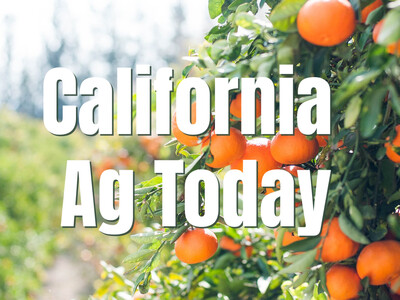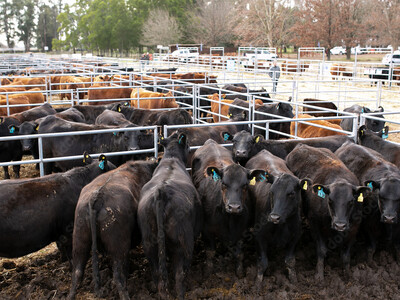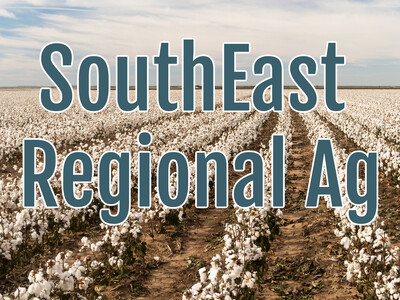Reducing the Volume of Bulk Fertilizer

Tim Hammerich
News Reporter
Bulk fertilizer is one of the largest contributors to greenhouse gas emissions in food production, but it’s essential for crop productivity. Adam Litle of Sound Agriculture says reducing the volume of bulk fertilizer, however, could be a significant step in the right direction.
Little… “What’s bad about bulk fertilizer is you’re applying 200 pounds on average of nitrogen on a corn field to get 200 bushels of corn. Roughly, 30% of that gets wasted, if not more. It volatilizes in the air as nitrous oxide which is 300x more potent than carbon dioxide and what most consumers and even growers don’t know necessarily in ag is, 3% of all global greenhouse gas emissions come from this nitrous oxide emission in the production of bulk fertilizer.”
The happy medium lies in finding a balance between volume and environmental impact.
Litle… “So it’s not just climate change it’s also human health and water quality that impacts our local communities so that all comes from I’d say, a bulk in the volume. Bulk fertilizer would be great if all of it was utilized by the plant and the crop system. It’s a question of overapplication and it’s much more about that aspect of volume and impact as opposed to chemistry good or bad or biology good or bad.”
Litle says collaboration and innovation are needed to make progress in this direction.












